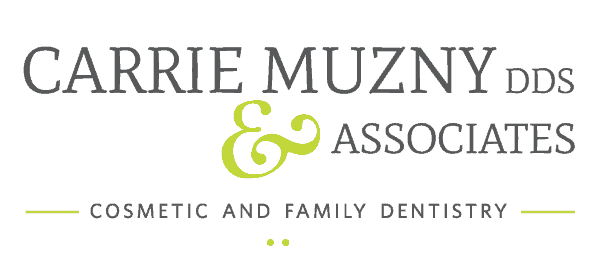
What is Bruxism? Teeth Grinding Explained
Do you find yourself waking up with a sore jaw? Perhaps you grind your teeth during stressful situations. Don’t fear, as you aren’t alone. Both of these issues may be signs that you are experiencing a condition known as bruxism, or teeth grinding. Up to one-third of all adults grind their teeth while awake and around 1 out of 10 grind their teeth while asleep.
Do you find yourself clenching your jaw or finding that you have sensitive teeth when you try to brush in the morning? Bruxism can cause many issues to form, such as headaches and a sore jaw. Let’s discuss what bruxism is, how it develops in people, and lastly, how to treat the act of teeth grinding at night or during the day. No matter how your bruxism manifests, there is a way to manage the condition so you can get back to restful sleep and less painful days.
Bruxism Defined
Bruxism is defined as a sleep-related movement disorder where you grind or clench your teeth and jaw. With bruxism, it is very common for the person to unconsciously clench and unclench their teeth while they are awake or grind their teeth during sleep (sometimes called sleep bruxism.)
Because sleep bruxism is hard to detect unless you have someone who notices you grinding your teeth at night, it is common to start experiencing the signs of bruxism and for the condition to worsen before proper care can be taken. Knowing the symptoms and signs will help you and your dentist in the long run. Bruxism can range from mild to severe and in severe cases, damage can be done to the teeth and jaw.
Because a person may have sleep bruxism and be unaware of it until complications develop, it’s important to know the signs and symptoms of bruxism and to seek regular dental care.
Symptoms of Bruxism
While these are all symptoms of bruxism, you may not experience them at the same time or you may just be experiencing one of them and thinking it is something else. Make sure to see your dentist if you notice a change in your sleep, jaw pain, teeth pain, or any of the issues listed below. The signs and symptoms of bruxism may include:
- Teeth grinding. May be mild to severe.
- Sleep disruption.
- Loose, chipped, or flattened teeth.
- Worn down tooth enamel that can expose root or nerve.
- Tight or sore jaw muscles. Sometimes the jaw can lock, making it almost impossible for the person to open their mouth.
- Face, jaw, or neck pain/soreness.
- Increase in tooth pain and/or sensitivity.
- Headache that starts in the temples.
- Cheek chewing results in damaged mouth tissue.
What causes bruxism?
While doctors don’t quite understand the causes of bruxism completely, here are a few symptoms and behaviors that can trigger it. Factors can include a combination of physical, psychological, and genetic traits.
Stress is one of the biggest factors that can start someone’s struggle with bruxism. Anxiety, frustration, or concentration can all be factors that lead to someone forming bruxism. Day or night, bruxism can be exacerbated by sleep deprivation or added stress. Cigarettes, alcohol, and the taking of drugs can also increase a person’s risk for teeth grinding.
How to Treat Bruxism
Night Guards: Retainer-like mouth guards that are worn overnight to protect the person’s teeth and mouth. Night guards don’t stop the act of teeth grinding, just the damage from it.
Medication: A muscle relaxer can be taken to stop nighttime grinding and help to relax the jaw. Certain antidepressants help with anxiety, which can also help with teeth grinding as well.
Procedures: Botox injections have been used to paralyze the jaw muscles that are used when grinding teeth. This is an experimental treatment used since the 90s but is not backed by the FDA.
Behavioral strategies: Stress management can help the underlying causes of bruxism, such as anxiety and stress.
Less Stress with a Dentist You Can Trust
At Carrie Muzny DDS, we are here to take care of all your oral health issues and get to the bottom of any problems or pain you may be having, ranging from grinding, and clenching, to TMJ and much more. Request an appointment or call today to get that perfect smile. Our highly acclaimed dental team is not only exceptionally trained in modern preventative techniques, but they also continue to refine their craft year after year in preventative dentistry, restorative dentistry, pain-free surgical procedures, and cosmetic dentistry.
We also offer virtual consultations and are proud to deliver exceptional dental care and customer service so you can feel confident and comfortable walking into our office every six months.

